Why You Need to Get Enough Sleep

It’s Easier to Learn
Can’t focus? It’s hard to do when you haven’t slept. You’ll also have trouble learning new stuff. And when you do, you’ll need some shut-eye to remember it. Doctors call this consolidation -- sleep strengthens the links between brain cells that form memories. That’s what makes learning stick.

Fewer Accidents
Sleepy drivers cause at least 100,000 highway crashes a year. Nodding off at the wheel isn’t the only problem. A lack of rest can lead to a drop in what doctors call mental performance. You’re less motivated, focused, and happy. And you don’t think as clearly. This doesn’t just apply to road warriors. One study showed hospitals could cut mistakes by more than a third if they gave doctors more time to sleep.

It’s a Mood Booster
Do you get a little snippy when you’re short on sleep? That’s normal. Just one bad night can make you sad, stressed, angry, and tired. If the trouble lasts, you may start to feel worse about your life. You might not want to hang out with friends and family. Over time this can lead to mood disorders like depression or anxiety. A better sleep routine is the answer. Talk to your doctor if it doesn’t help or if your symptoms get in the way of your life.
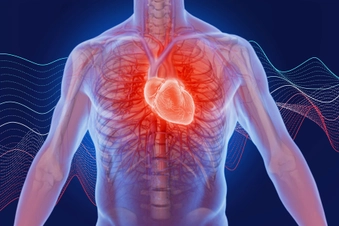
A Healthier Heart
Sleep less than 6 hours a night? You’re more likely to get heart disease. Doctors aren’t sure how it works, but they know lack of sleep raises blood pressure, stokes your stress, and boosts adrenaline. Each can take a toll on your ticker.
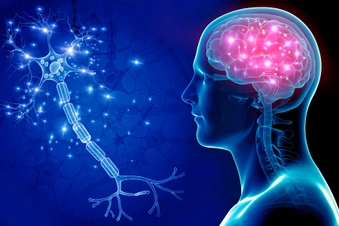
Better Memory
It’s a triple whammy. If you haven’t slept, it’s harder to recall things. You also need sleep to create bonds between brain cells that strengthen your long-term memory. Finally, if your mind’s all over the place due to lack of rest, it’s harder for it to file away the things you want to remember.
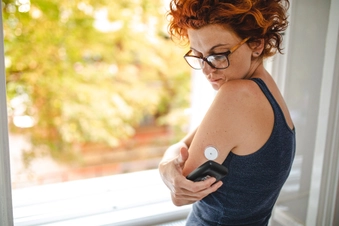
Less Chance of Diabetes
When you don’t sleep much, especially if it’s less than 5 hours a night, your body doesn’t use glucose, its main fuel source, as well as it should. Over time that can boost your chances of getting diabetes.

More Fun in the Bedroom
Not as many rolls in the hay? Maybe you and your partner need a little more shut-eye. Lack of sleep can zap your testosterone levels. That can make both women and men feel less frisky. If you're a woman, just 1 extra hour of sleep makes it more likely that you'll get your groove on the next day.
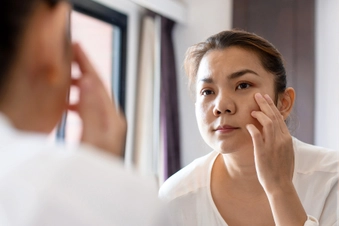
Fewer Wrinkles
Cut your slumber short on a regular basis and your skin might wrinkle and sag before it should. That’s partly because your body releases the stress hormone cortisol when you haven’t had enough sleep. It can break down collagen, a substance that helps keep your skin smooth.

You’ll Choose Wisely
Your judgment goes down the tubes without enough sleep. Overworked brain cells can’t organize or even recall the things you thought you knew. It’s hard to make a sound decision because you can’t trust your take on an event as it happens. It might look far different if you were properly rested.
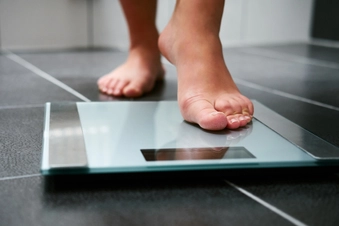
You Might Lose Weight
If you sleep less than 6 hours a night, you could have more body fat. You need about 8 hours to keep it to a minimum. When you get less sleep, your body makes too much insulin. That can lead to weight gain. It can also throw your hunger hormones out of whack and make you crave high-fat, high-sugar foods.

You Could Live Longer
You’re more likely to die at a younger age if you sleep less than 5 hours a night. It’s hard to tease out all the reasons, but it’s clear that sleep problems make some health issues worse. By the same token, health problems can also get in the way of good sleep.
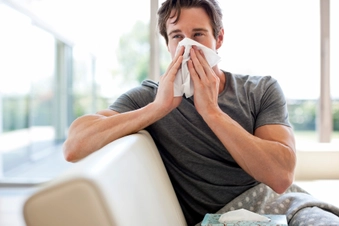
Fewer Colds
Flu, too. You’re more likely to get sick from an infection if you haven’t slept enough. And you may take longer to get better. That’s because your body can’t make the infection-fighting cells and proteins called antibodies that help protect you from illness. Some of those proteins are only released during sleep.

No More Nodding Off
You know when you fall asleep for a split second and wake right back up? Maybe you don’t even realize you’ve nodded off? There’s a name for that: microsleep. You can't control when, or if, it happens. You might not even realize when it does. It’s more likely when you haven’t slept and usually lasts from half a second to 15 seconds. That may not sound like much, but even a split second is a lot if you’re driving a car or in a big meeting.
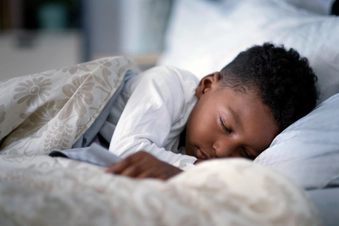
How Much Sleep Do You Need?
It depends on your age. Each person has different needs. In general:
- School-age children: At least 10 hours
- Teens: 9 to 10.5 hours
- Adults: 7 to 8 hours
- Many of us don’t get enough. Most adults say they get 6 hours or less. Only a third of school students log the full 8 hours on an average school night.

How to Sleep Better
Stick to a routine. Go to bed and wake up at the same time every day, even on weekends. Stay quiet and relaxed as bedtime approaches. Dim any bright lights. Don’t do anything stressful. Both can make it hard to fall asleep. Skip naps if you have trouble at bedtime. Move around every day. Hard exercise seems to work best, but any kind helps. Try to keep your bedroom cool: 60-67 degrees is ideal.
Show Sources
IMAGES PROVIDED BY:
1) monkeybusinessimages / Getty Images
2) jarino47 / Getty Images
3) Tetra images RF / Getty Images
4) Lars Neumann / Getty Images
5) PIXOLOGICSTUDIO / SCIENCE PHOTO LIBRARY / Getty Images
6) VLAYKO / Getty Images
7) LumiNola / Getty Images
8) Sitthijate Poonboon / EyeEm / Getty Images
9) FG Trade / Getty Images
10) Rostislav_Sedlacek / Getty Images
11) Westend61 / Getty Images
12) Paul Bradbury / Getty Images
13) FG Trade / Getty Images
14) Tetra Images / Getty Images
15) Ridofranz / Getty Images
Harvard Medical School Division of Sleep Medicine: “Sleep and Disease Risk,” “Sleep, Learning, and Memory,” “Sleep, Performance, and Public Safety.”
National Sleep Foundation: “Healthy Sleep Tips,” “How Losing Sleep Affects Your Body and Mind,” “How Sleep Deprivation Affects Your Heart,” “Sleep Longer To Lower Blood Glucose Levels.”
Neuropsychiatric Disease and Treatment: “Sleep deprivation: Impact on cognitive performance.”
Jama Network: “Effect of 1 Week of Sleep Restriction on Testosterone Levels in Young Healthy Men.”
The Journal of Sexual Medicine: “The impact of sleep on female sexual response and behavior: a pilot study.”
Medical News Today: “Heart disease: Could sleep disorders play a role?”
International Journal of Neural Systems: “Microsleeps are Associated with Stage-2 Sleep Spindles from Hippocampal-Temporal Network.”
CDC: “Insufficient Sleep Is a Public Health Problem.”